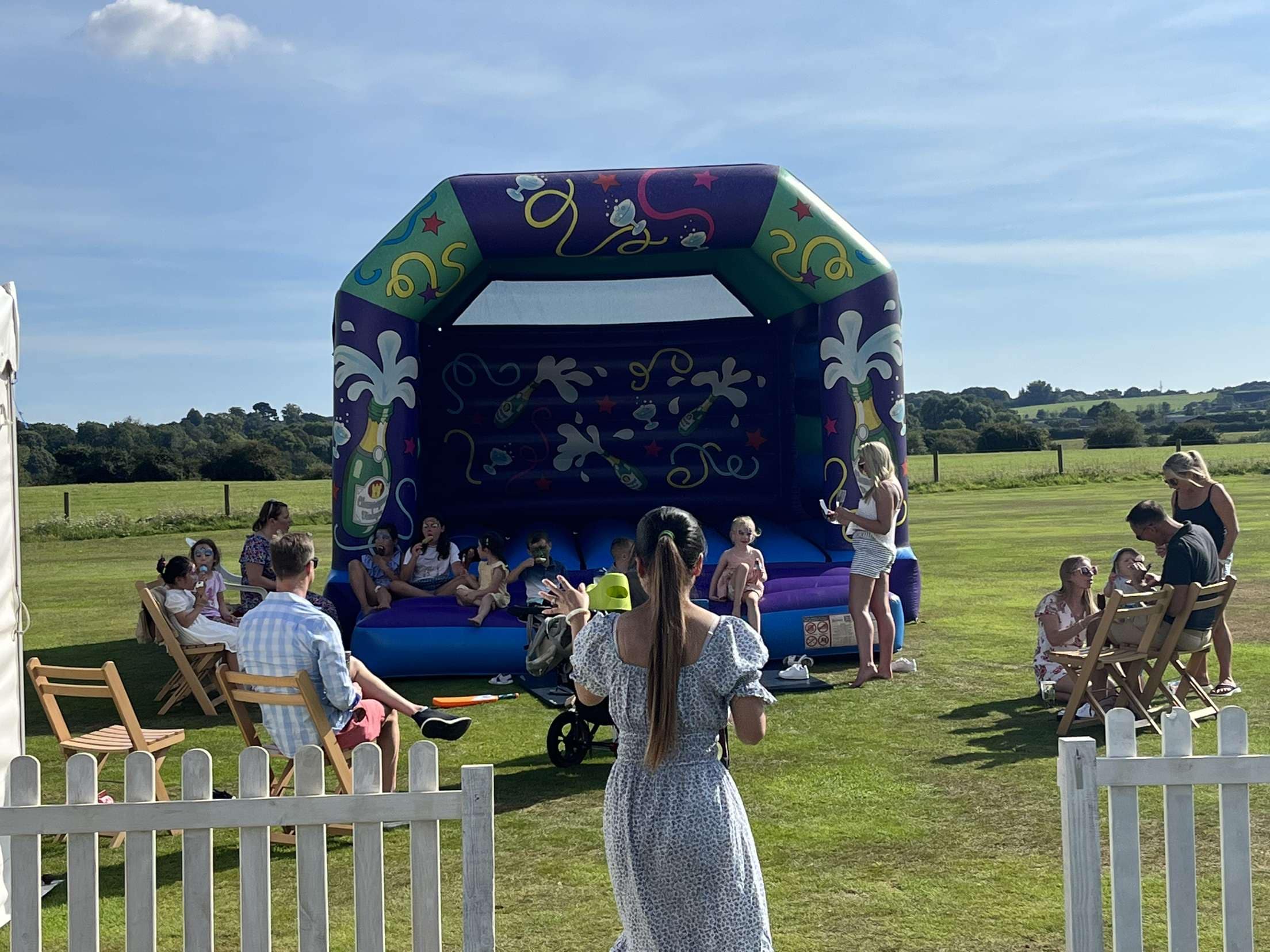It is quite common for both the family court and the police to be involved in cases where Domestic Abuse has been raised.
In court proceedings, it may be necessary to obtain disclosure from the police including records of their incident logs, statements and interview recordings to assist the court when trying to determine allegations of domestic abuse in Fact Finding Hearings.
Specialist domestic abuse solicitors
We have an in-house criminal team who work closely with our family lawyers and typically assist with:
- Reporting concerns to the police/ private prosecutions
- Voluntary interviews
- Cautions and charging decisions
- Bail conditions
- Domestic Violence Protection Notice (DVPN)
- Domestic Abuse Protection Order (DAPO)
A number of our clients benefit from the wealth of knowledge and experienced guidance our in-house criminal specialists can offer. Where necessary, we work closely with our in-house criminal law solicitors and collaborate to support our clients.
Get in touch with a member of our specialist team of family solicitors for more expert legal advice and guidance.
Here to help
Our specialist teams can provide full service legal advice and assistance, providing practical and cost-effective solutions.
A range of domestic abuse legal services
1. Reporting concerns to the police/private prosecutions
Our in-house criminal specialists can provide advice and guidance on reporting matters to the police and where appropriate, considering bringing a private prosecution.
2. Voluntary interviews
We strongly advise clients that are invited to attend a voluntary police interview to attend with a specialist criminal solicitor. Inevitably these interviews are the first step in the police gaining evidence with a view to possible prosecution. Please see blog – The Myth of the voluntary police interview.
3. Cautions and charging decisions
Accepting a caution is an admission of guilt. It’s important you understand and are fully aware of the implications of what you accept or admit, and charging decisions being made. Voluntary interviews are often conducted under caution.
4. Bail conditions
Police imposed bail conditions place restrictions on you and these can include restrictions on who you can see or speak to, where you can go (including your home) and what you can do. If you breach your bail conditions
5. Domestic Violence Protection Notice (DVPN)
DVPNs and DVPOs contain a condition prohibiting a perpetrator of domestic abuse from molesting the victim. A DVPN can be issued by police attending a domestic abuse incident, effective immediately. Within 48 hours of a DVPN an application for a DVPO made by the police should be heard by the Magistrates court. DVPOs are designed to provide protection for up to 28 days and can prevent a perpetrator from returning to a residence.
6. Domestic Abuse Protection Order (DAPO)
DAPOs offer a more flexible and long-term form of protection than DVPOs. A DAPO can impose restrictions on a perpetrator of domestic abuse that include:
- Prohibiting a perpetrator from going to a victim’s home; and
- Prohibiting a perpetrator from contacting the victim.
Under a DAPO a perpetrator can be required to attend a Domestic Abuse Perpetrator Programme. Each DAPO will be case dependant and will be tailored to specifically protect each victim.
About Ellis Jones
Our team of solicitors take a personal approach to working with our clients to provide reassurance and peace of mind knowing your case is in the hands of understanding experts. Learn more about us and our approach to everything we do.
Learn More

About Ellis Jones
Our team of solicitors take a personal approach to working with our clients to provide reassurance and peace of mind knowing your case is in the hands of understanding experts. Learn more about us and our approach to everything we do.
Learn MoreOur Family Law Experts
Latest Family Law News and Advice

Stepping into family mediation: Why I’ve chosen this path
Learn MoreThe UK Government plans to repeal the presumption of parental involvement
Learn MoreGood Divorce Week 2025: Promoting respectful separation and family wellbeing
Learn MoreUnderstanding protective measures in international child abduction cases
Learn MoreOur offices

Bournemouth
302 Charminster Road Bournemouth Dorset BH8 9RU 01202 525333


































